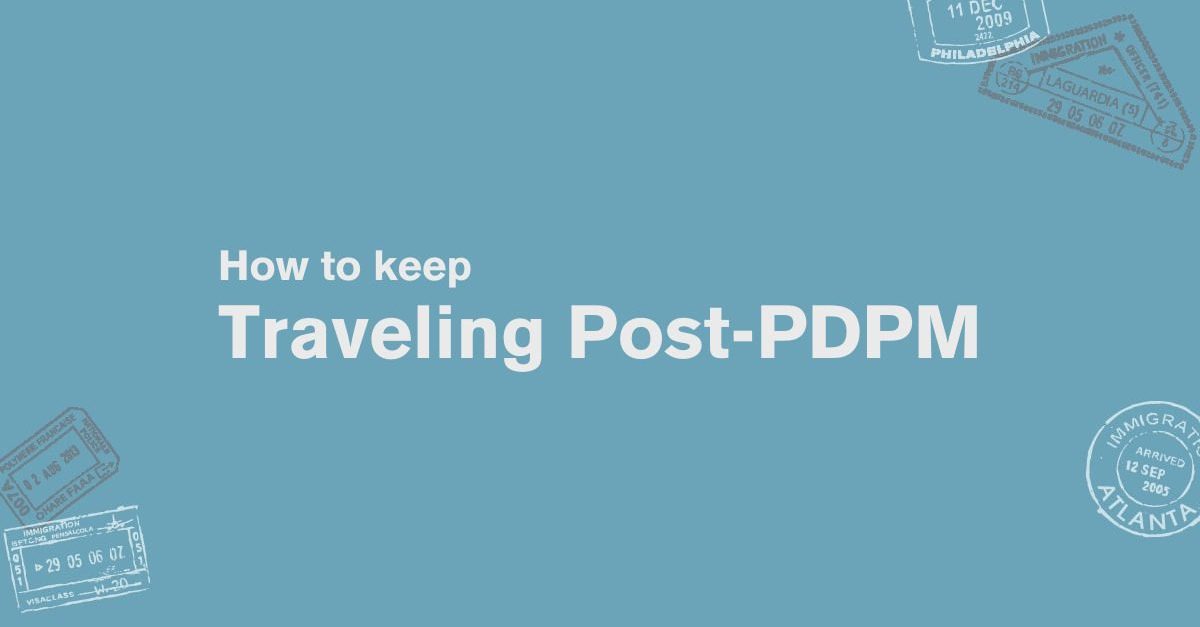That the travel therapy industry goes through ups and downs is a fact. The implementation of the Patient-Driven Payment Model (PDPM) did impact the number of jobs available in total as well as the mix of opportunities among the therapy disciplines. While we all await the swing back to the other side of the pendulum with a plethora of jobs for all, here’s some timeless advice to keep working those travel contracts.
PAY
Be realistic in your pay package expectations. Long-time travelers may remember years when their weekly take-home pay was slightly higher. When considering today’s pay packages, keep in mind all the things that will affect its impact on your wallet. Is it really “too low” when you look at the cost of daily living for the area? Are the clinical or cultural experiences of where you’ll be working worth the change in pay?
FLEXIBILITY
Something we always recommend, but that is especially important now. In times of limited contract availability and high competition, you’ll be more successful by broadening the settings and locations where you’re willing to work. Think SUPER broad.
EXTENSIONS
If you’re lucky enough to be offered an extension—take it.
DEDICATED RECRUITER
Working with multiple recruiters may not be the best strategy right now. In this market, therapists need to move fast. Going back and forth between two or more agencies to try and get a better pay rate for the same position may nudge you out of the running entirely.
COMMUNICATION
Be as immediate as possible with emails, phone calls and requests for information. If you have a solid relationship with your dedicated recruiter, have a conversation about what combinations of settings, locations and pay packages you’d be comfortable with (and keep that information updated) so when a position opens up, they know if it’s a yes or no for submitting. Being among the first applicants and first interviews is always a good strategy.
Remember, the travel therapy market is a pendulum and will move toward balancing out, even if it seems like slow motion.
